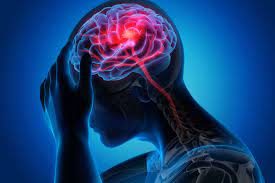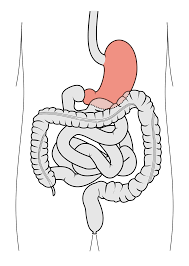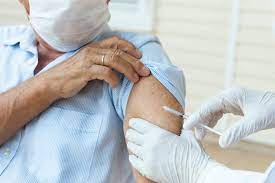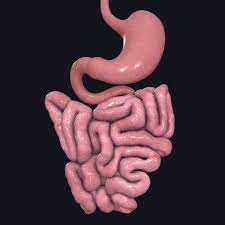Strokes
- Jan 2, 2022
- 3 min read
A stroke is a disease that affects roughly 800,000 people in the US alone. It is the No. 5 leading cause of death and the leading cause for disability in the US. It reduces mobility in more than half of its survivors which are over the age of 65. It is estimated that strokes have cost the country roughly 53 billion over 2017 and 2018. It is a disease that affects the mobility and function of a human being. In this article, the details of the disease known as Stroke as well as its history and treatment options will be covered.

What is Stroke?
A stroke is a disease that affects the arteries which transport blood to and within the brain. A stroke occurs when a blood vessel that carries oxygen to the brain is blocked or ruptured. This leads to not enough oxygen being sent to the brain which leads to the death of brain cells. The symptoms of a stroke include temporary paralysis in the face, difficulty speaking, a headache, vomiting, difficulty seeing, etc. Serious complications from Stroke include paralysis or inability to move. This paralysis typically only affects one side of the body leaving half of the body unable to move.. The patient could also start having serious memory loss problems and as well as decreased motor skills. This all happens due to damage in the brain's neurons. Neurons are the nerve cells which control every action that the body takes. Each neuron works as a machine, receiving an input and generating an output. It is theorized that Strokes damage part of the neuron as it isn’t getting the proper amount of resources. A lack of resources leads to long term brain damage.
What are the different types of Stoke?
There are three different types of strokes. The first type of stroke is known as a Transient ischemic attack. A Transient ischemic attack is a warning stroke. It is known as a mini stroke and blood is temporarily stopped from reaching the brain due to a blood clot. The blood clot and symptoms only last for a short period of time. The next type of stroke is known as an Ischemic stroke. This type of stroke occurs when a blood clot completely blocks blood from reaching the brain. This blood clot is usually formed from a buildup of fat on the arteries. The fat can break off from the arteries and block blood flow in a similar fashion to heart attacks. Unlike a Transient Ischemic stroke, the symptoms of an Ischemic stroke won’t go away without treatment from a medical professional. The third type of stroke is known as Hemorrhagic stroke. It occurs when a blood vessel bursts and spills blood to the rest of the organs. This stops blood from reaching the brain which causes a stroke.
How is Stroke Treated?
The method of treating a stroke depends on the type of stroke as well as the duration and severity. Treatment for a TIA(Transient Ischemic stroke) usually includes taking medicine which thin the blood and reduce the clumping of platelets. Another form of treatment involves a surgery known as a carotid endarterectomy. This surgery involves removing any buildup of plaque from the arteries in the neck. In the event of an Ischemic stroke, doctors can administer a medicine which can dissolve the clot. However, this medicine can only be administered within 3 hours of the occurrence of a stroke. Otherwise, surgery is required to physically remove the clot. If a Hemorrhagic stroke occurs the main course of treatment involves stopping the bleeding in the brain and using surgical procedures to keep the blood vessel from bleeding further.
Conclusion
In conclusion, A stroke is a dangerous disease that can cause a loss in mobility, memory etc. Strokes can cause extensive brain damage which can have an effect on an individual's ability to function in society. The number of cases of stroke has increased over the course of the decade and it is speculated to increase even further. Identifying a stroke is the most important thing to do to retain function of the body.




Comments